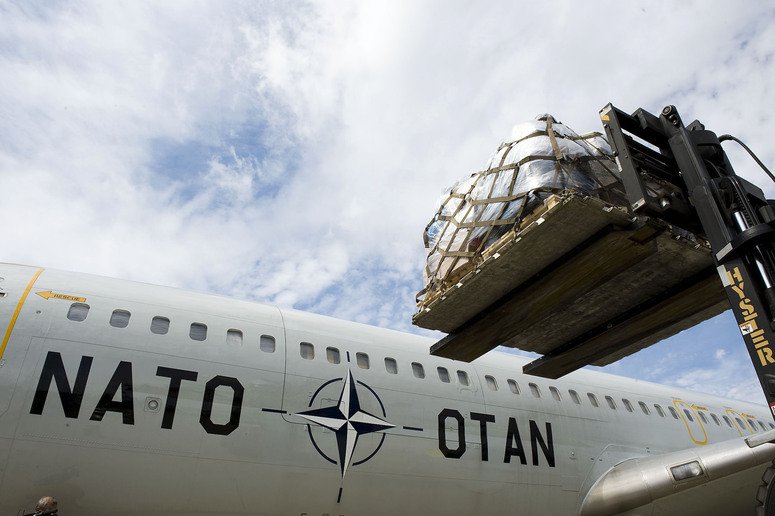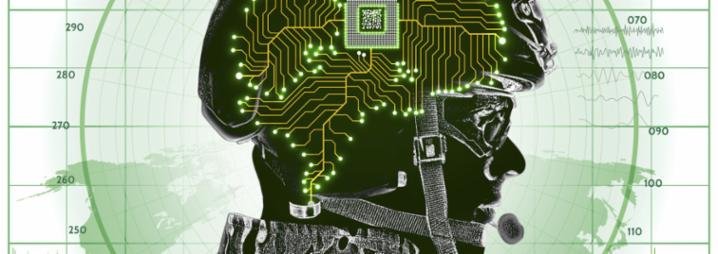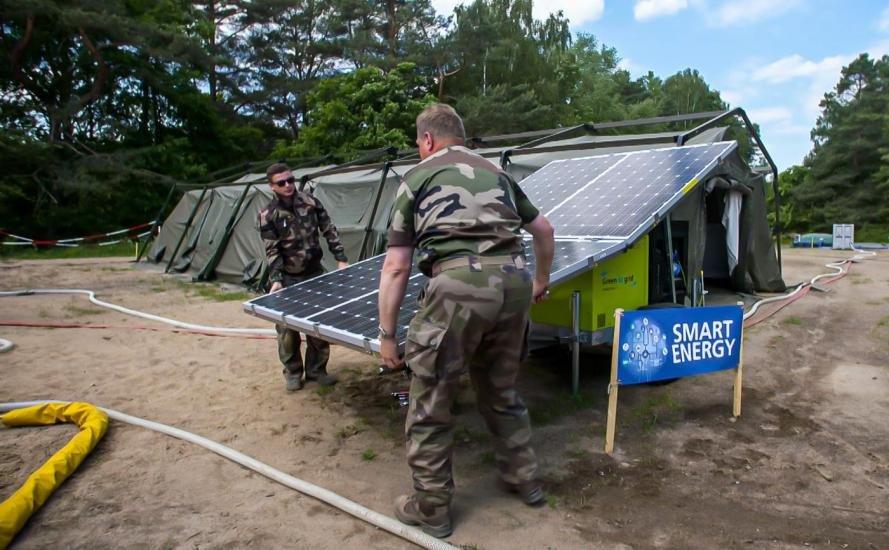Atlantica Magazine
Young professionals are often an unheard voice in policy discussions. More often than not, however, it is their insights that we need to break hardwired, outdated ideas about foreign policy and transatlanticism. Atlantica aims to amplify the voices of the young generation of transatlanticists. Our team is committed to publishing your article. Each issue features three articles per month on a theme selected by the Atlantic Forum team, in conjunction with NATO’s Public Diplomacy Division.
Find our latest
Atlantica publications here:

NATO, Russia, and the Eastern Flank: A historical and geopolitical overview
This article investigates NATO-Russia relations with a focus on the Eastern Flank of the Atlantic Alliance. It begins with a milestone in NATO-Russia relations, the 1997 NATO-Russia Founding Act, integrating it with the 2002 Rome declaration. In this section, efforts to build dialogue with Moscow through the NATO-Russia Council (NRC) will be discussed. It will then describe NATO’s reaction to the illegal annexation of Crimea in 2014, and the subsequent establishment of the “dual track” deterrence/dialogue policy. Finally, it will unpack the events following the 2022 Russian invasion of Ukraine. In particular, it will discuss the decisions taken by the NATO Supreme Allied Commander Europe in March to strengthen NATO’s Eastern Flank, enhance air patrolling, and increase the presence of battlegroups. This article also gives crucial importance to the latest developments in the Alliance: the Madrid Summit and the New Strategic Concept. My approach to this topic will be based on dialogue and diplomacy, and on deterrence and defence from historical and geopolitical perspectives.

Civil-Military Synergies in Disaster Relief
This article investigates the main characteristics of disaster relief in the broader context of disaster management. Furthermore, it aims to highlight civil-military cooperation in humanitarian assistance by exploring the European Union’s (EU) and NATO’s roles in disaster management. In so doing, the paper examines specific examples related to both the EU’s Common Security and Defence Policy and NATO’s Euro-Atlantic Disaster Response Coordination Centre (EADRCC) and discusses avenues for enhanced collaboration between the two organisations.

A Brief Discussion on NATO’s Role in Disaster Response
As natural disasters continue to pose a threat to all countries in the NATO domain, this article seeks to explore the Alliance’s current posture in dealing with disaster response. It examines examples from two member nations having already faced recent disaster response requirements nationally—Canada and Spain—and how they approach disaster response on the national level. In doing so, we can then ascertain how the Alliance can seek to move forward in apportioning resources and planning efforts, mostly based on the examples of its member nations, which are already committed to such activities on an internal basis.

Translating War’s Grammar into the Language of Peace: NATO, Disinformation, and the Future of Conflict
From the United States to the Baltics, the spread of disinformation has become a rising concern to NATO member states as adversary-backed information warfare has become a more recognized tactic of grey zone or below-threshold incursions. These disinformation campaigns, launched most often by Russia and China, present an unconventional and asymmetrical threat to NATO by blending in with domestically generated content on social media and raising complex legal and political questions regarding the role of the state in intervening in privately-owned platforms. These disinformation campaigns have also increased the political polarization present within many NATO countries, introducing more uncertainty into military structures controlled by civilian governments. This paper will argue that the effectiveness of these disinformation campaigns is the result of both member states' political-legal frameworks for regulating Internet content and their divided societies. Borrowing from Carl von Clausewitz's writings on war as a clash of wills, this paper will also argue that the proliferation of disinformation will weaken the military preparedness of the Alliance by degrading the will of its member states to use military force, a key aspect of NATO's deterrence model. As such, this paper will conclude by offering a potential solution based on utilizing NATO's partnerships, namely replicating Sweden's Psychological Defence Agency across member states.

Explaining disinformation? There’s a far better way to do that!
The disinformation problematique has seriously influenced policy, academic, and public debates. The disinformation phenomenon became especially significant after the illegal annexation of Crimea in Ukraine, which has since tremendously reshaped the global security environment. Disinformation, along with many other hybrid instruments, has been blooming in European society, and consequently, the people consuming it have grown increasingly hostile to their democratic settings, government, NATO, or the EU. Therefore, it is crucial that the NATO 2030 agenda perceives resilience as one of its core tasks. But, how can we effectively enhance resilience towards disinformation? This article will examine the relevance of the behavioural approach and its application to policies in NATO and other international organizations that aim at countering disinformation.

Thoughts on the Climate and Security Centre of Excellence
Climate change is one of the defining security challenges of our time. This often-repeated phrase has been established repeatedly.

Possible Military Responses to the Climate-Security Nexus
The consequences of climate change can be widely felt around the globe.

The Climate and Security Centre of Excellence: Canada's Opportunity for Climate Security Leadership
“Climate Change is one of the defining challenges of our time, with global impacts affecting all countries. A Canada-hosted COE on Climate and Security would respond to an identified Alliance priority to better understand, adapt to, and mitigate the security implications of climate change. This COE would also facilitate the exchange of expertise among Allies, build capacity to address the security implications of climate change, and help advance our ongoing efforts to reduce the climate impact of our military activities.” [i]
-The Right Honourable Justin Trudeau, Prime Minister of Canada

NATO Support and Procurement Agency: Best Practices on Environmental Protection and Energy Efficiency for the Defence Industry
“Since its inception, NATO has done more than any other multilateral organization to promote democracy, peace, and security in Europe and the broader transatlantic community with benefits that have rippled out to the broader global community. Ensuring that NATO can face the challenges of the 21st century while safeguarding and vitalizing collective defense – the heart of the Alliance – is the charge of the upcoming reflection period.”[i]
— Luke Coffey and Daniel Kochis , The Heritage Foundation

The Atlantic Vision for an AI Future
“The Mechanical Turk” was an early form of AI, invented in 1770. It became famous for its ability to play chess with equal skill to known champions of its time, and it even ended up playing against celebrities like Napoleon and Benjamin Franklin. It was exhibited around the world for almost a century until its accidental destruction in a fire in 1854. Why is this miscellaneous historical artefact relevant to an article about AI? Well, the Mechanical Turk was a hoax; the secret was that a chess player would play from inside the machine.
Coincidentally, Mturk.com (short for Amazon Mechanical Turk) is the name of the “chess player” behind AI.